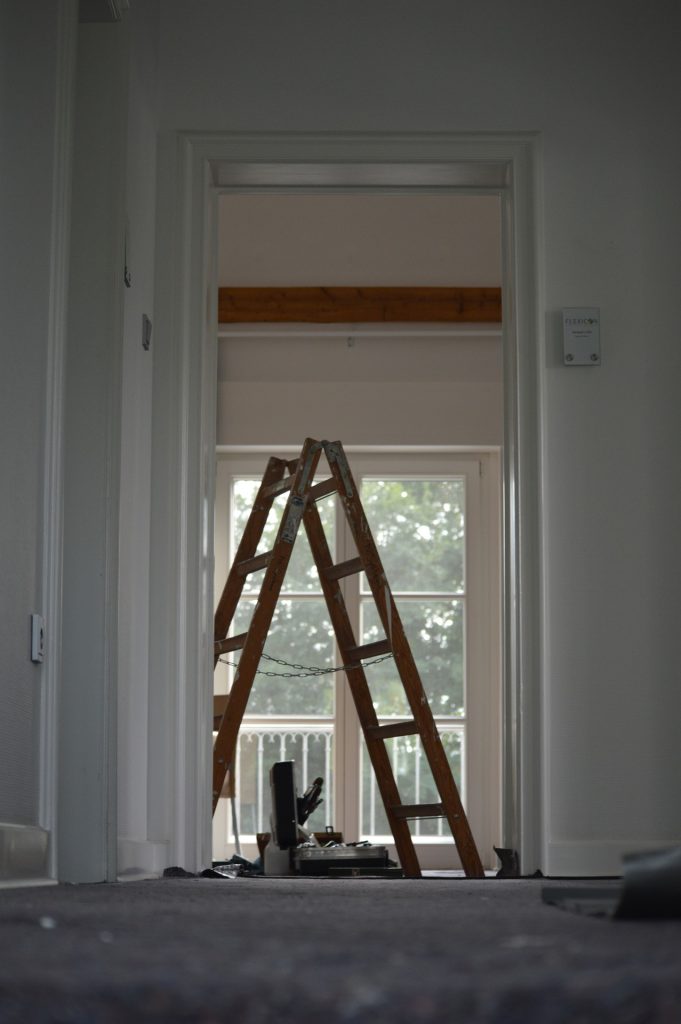Introduction
Last week we discussed how Section 179 depreciation generates upfront cashflow for businesses by deducting the full cost of an asset in the year it is purchased. And while the tangible property we discussed had a useful life for tax purposes of 5 to 7 years, the life for residential rental real estate is far longer: 27.5 years.
For obvious reasons, owners of residential rental real estate are eager to utilize the tax benefit from their purchase more quickly. Cost segregation is a process of identifying assets that are personal property that can be depreciated more quickly than their corresponding real property. While residential rental buildings must be depreciated over 27.5 years, assets like wiring, flooring, plumbing, appliances, fixtures, and air conditioners can be depreciated in just 5 to 7 years. By capturing depreciation earlier in the life of the property, owners can free up cash and use it for their operating and investment needs now.
Projected Tax Savings
The tax savings generated by a cost segregation study depend upon the price of the rental property. Typically, the higher the cost the property, the greater the benefit of a cost seg will be. For a $500,000 rental property, depreciation expense under the straight-line method would be just $13,940 in the first year. However, our in-house cost segregation method that classifies assets and utilizes bonus depreciation yields a depreciation expense of $168,364—a difference of over $150,000.
If the tax loss on the rental is limited due to your income level, the loss will carry forward into future years. That means that you could earn money from your rental property for years before paying income taxes on it.
Impact of the TCJA
Changes to the tax law in the Tax Cuts and Jobs Act of 2017 fueled the efficacy of cost segregation studies. For certain assets, bonus depreciation was increased from 50% of the cost of the asset to 100%. Therefore, the cost of many building fixtures can be completely depreciated in the first year.
The 100% deduction for bonus depreciation applies to property acquired and placed in service after September 27, 2017, and before January 1, 2023. Beginning in 2023, the rate of bonus depreciation will be gradually phased out, unless Congress passes a law to extend it.
Conclusion
If you invest in real estate, we encourage you to schedule a consultation to discuss your most tax-efficient option. We can assist with the allocation of real assets and personal property, and we have contacts for cost segregation firms for very large projects. We ask that clients provide a copy of the settlement statement from the purchase of their rental property.
To schedule your appointment, call our office at 480-392-6801.

